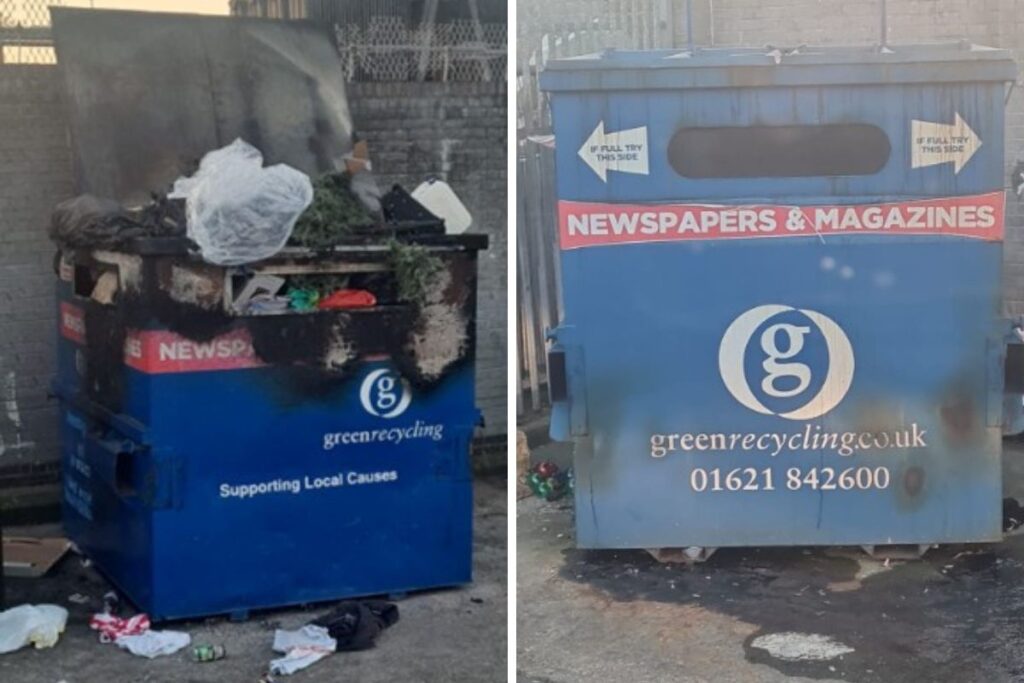The guidance is going through its final development stage, but follows the EN 643 standard and recent CEPI/ERPA guidance on quality controls in seeking to improve the quality of paper collected and transported to mills for recycling into products like packaging and newsprint.
Speaking to an audience at the Recycling and Waste Management exhibition in Birmingham yesterday, the chair of the recovered paper campaign PaperChain, Geoff Hill, revealed that the Responsible Sourcing guidance would include general guidelines for all paper grades and specific guidelines for certain types and uses.
Mr Hill said: “Everyone in the supply chain has the responsibility to ensure that the recovered paper is collected, stored and transported in a suitable way.”
There is an increasing demand for recovered paper in the UK, but the market is only there if the quality is right, he said. Paper mills in the UK and across the globe are facing more pressure from customers to provide quality paper as printing and converting machinery becomes more and more sophisticated, Mr Hill explained.
And, as legislation is expected to tighten on standards for paper used to make packaging for food, Mr Hill said more and more poor quality material will be rejected. He warned: “High rejection rates mean more material going to landfill, and landfill costs are going up.”
Guidelines
The Responsible Sourcing guidance is to cover three main areas – sourcing, collection and storage. It will include guidelines on prohibited materials and items that should be excluded from paper waste, it will urge collection agents to keep containers and vehicles clean and will encourage paper to be kept clean and separate from other materials in storage.
Mr Hill explained: “It will bring in the concept of Duty of Care responsibility for paper – it is not a waste, it is a raw material.”
The Responsible Sourcing guidelines will form the third part of standards and guidance for the recovered paper sector after EN 643 and the CEPI/ERPA quality controls guidance. European standard EN643 was designed to provide a “common language” to assist with commercial relationships in trading recovered paper across the EU (see letsrecycle.com story).
New guidance from the Confederation of European Paper Industries (CEPI) and the European Recovered Paper Association (ERPA) published earlier this month sought to introduce minimum standards for delivery arrangements, baling and the measurement of moisture (see letsrecycle.com story) .
Some in the recovered paper sector are concerned that the guidelines are being pushed through by the paper mills and will lead to traceability requirements for the paper. Such a system could then let the mills know who the merchants have sourced the materials from.








Subscribe for free